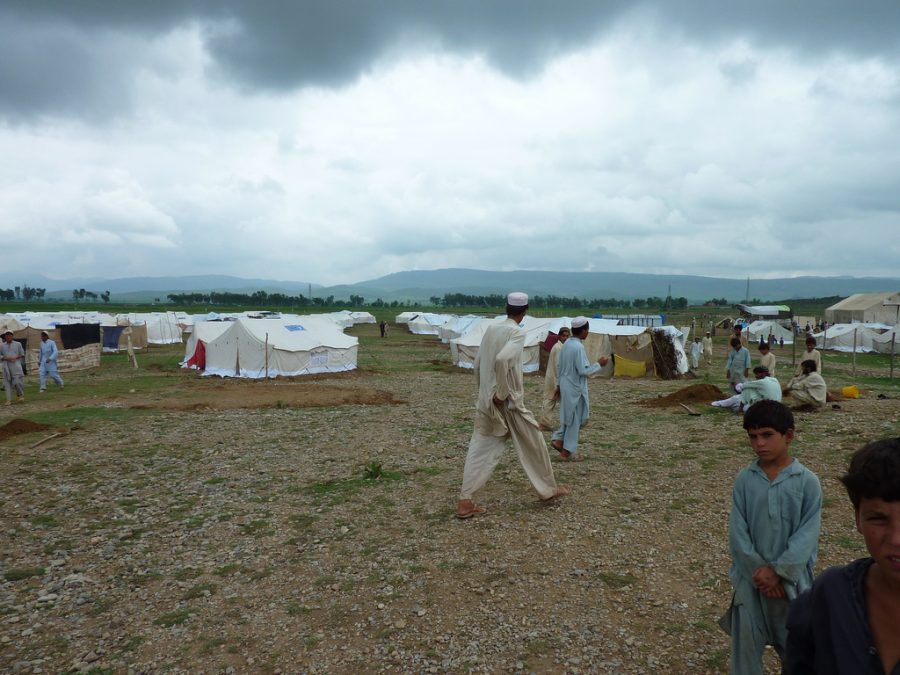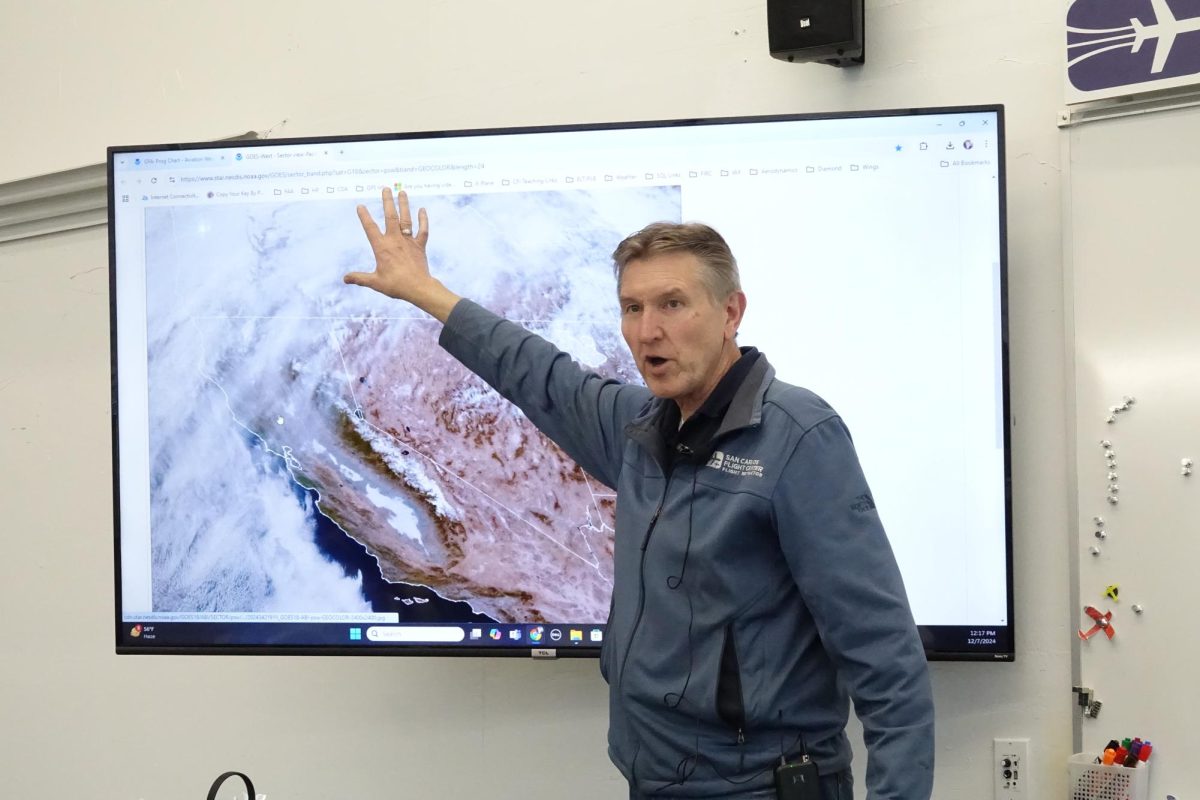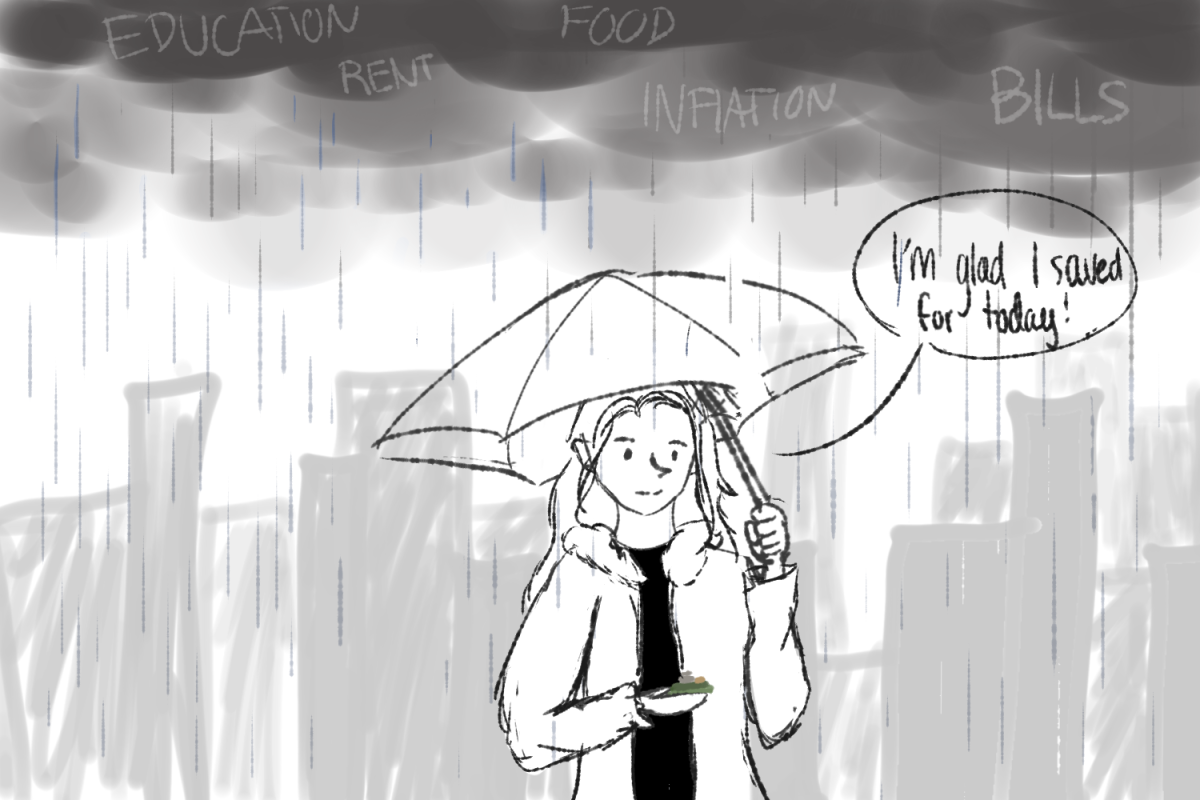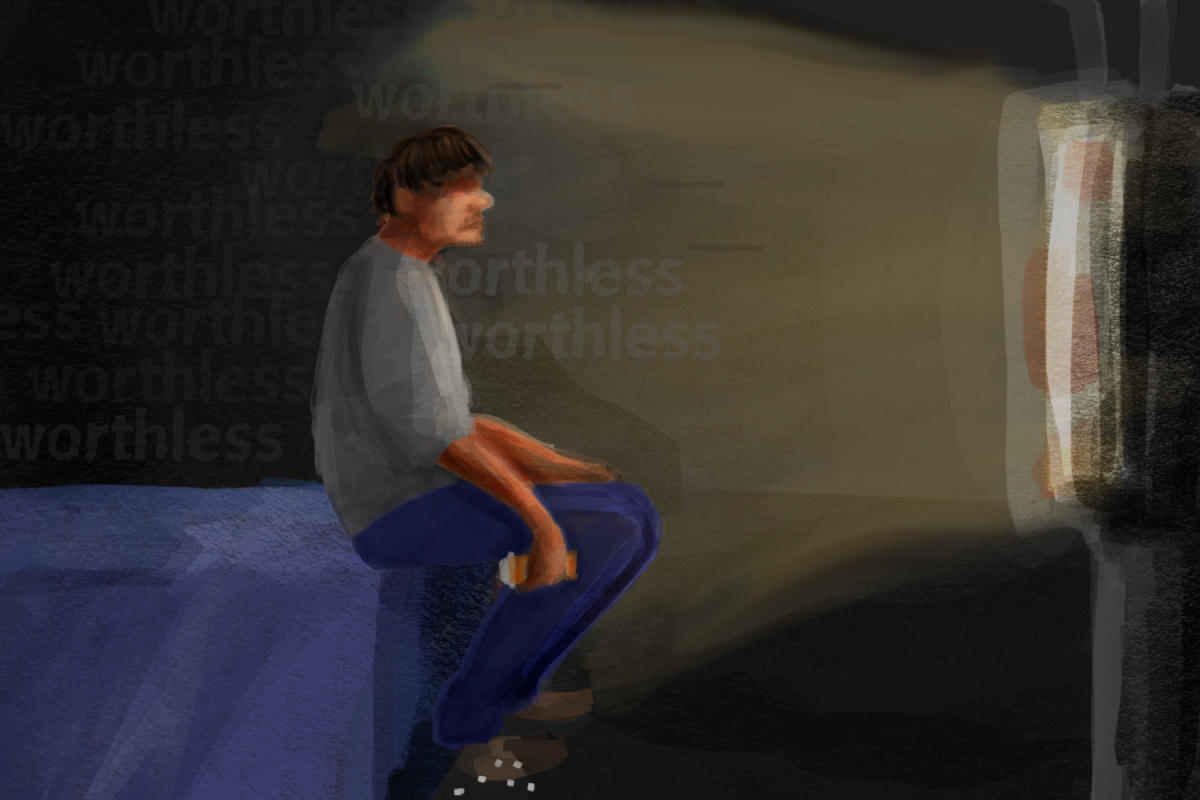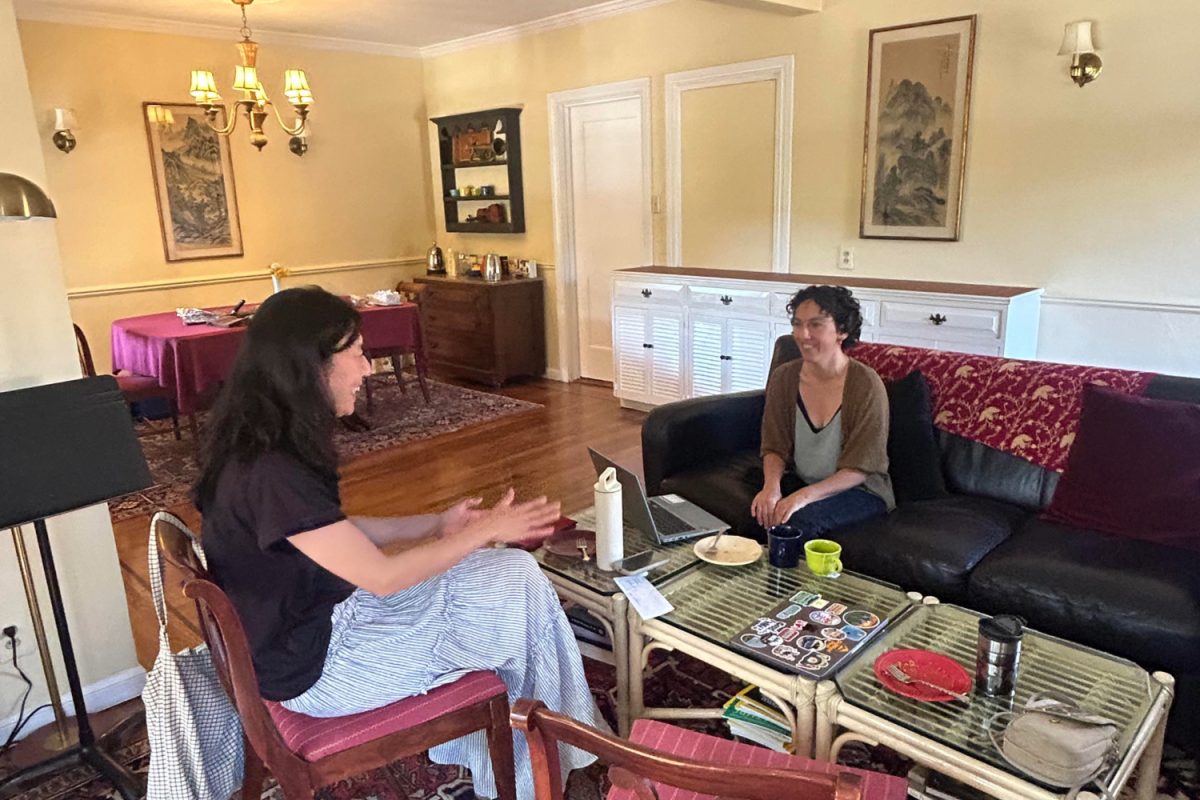More than one-third of Pakistan is under water as of Sept. 9. Thirty-two million people have been displaced, and, as of Sept. 13, 1,481 people have died. Two million acres of crops have been impaired, 1.7 million homes have been damaged, and Pakistan estimates that the floods may have caused close to $30 billion in damages, according to Bloomberg Media.
“[The flooding in Pakistan] feels a bit frightening because I don’t know what’s going to happen [to my relatives that live in Pakistan],” said Maya Shah, a resident of Belmont with family in Pakistan. “I feel like [Pakistan] definitely could have done more to save our environment and prevent things like floods from happening.”
Climate change is partly to be blamed for the floods, but poor governance is another.
Pakistan, despite contributing to less than 1% of global greenhouse gas emissions, faces some of the most extreme weather events in the world. Earlier this year, they experienced a record heatwave where temperatures reached 122 degrees Fahrenheit (50 degrees Celcius), and now, just a few months later, they are flooded.
While the flooding happened due to extreme seasonal rainfall, the problem has been exacerbated because glaciers in Pakistan are melting. Pakistan is home to over 7,000 glaciers, and climate change is melting the ice and snow of these glaciers into floodwater, which is then swelling rivers that have already been enlarged by the monsoons.
Climate change is not the only thing fueling the floods, however.
The government in Pakistan has done little to prevent the rapid increase of illegal construction and poor urban and rural planning.
The current Pakistan Muslim League-Nawaz and Pakistan Peoples Party (PPP) coalition government had just come to office when they were faced with the aforementioned heat wave, so they did not give much forethought to their relief plans for floods.
The majority of the damages caused by the flooding this year have been to buildings such as hotels and whole communities that have been built alongside rivers. Many of these structures were also impacted by floods that Pakistan faced in 2010 but were allowed by the government to be rebuilt in their same locations.
This activity is illegal but has been left unregulated by the local governments.
“The three areas most affected [by the floods] are the Northern Province of Pakistan, the rural areas of Southeastern Pakistan – which is the province of Sindh – and the areas in the Southwest of Pakistan, which come under the province of Balochistan,” said Fauzia Mirza, a former resident of Pakistan that now lives in Canada. “Pakistan needs better functioning governance in Sindh. The PPP has been ruling Sindh since the last 15 years, but it is corrupt and does not provide any government support to the poor, rural people of Sindh.”
In addition to this, Pakistan is also facing an economic crisis. The country is in debt due to foreign currency reserves, inflation, rising poverty and unemployment, high fiscal deficit, low investment, and more. Its debt has jumped to a record high of Pakistani Rupee (PKR) 60 trillion, which is equivalent to about $254 billion in the United States.
As such, Pakistan is unable to provide its citizens with appropriate relief funds.
“[The] present government in Pakistan is totally absent,” said Dr. Raffat Siddiqui, a resident of Pakistan. “[The] Sindh government’s performance is zero, and their elites in government and the PPP eat up donation money. [The] central government has no money and no desire to improve the lives of the people of Pakistan.”
However, the United Nations and Pakistan have requested $160 million in emergency aid for the floods. The United States has given them $30 million.
While the situation has gotten slightly better, Pakistan is still facing a crisis. While the country is receiving help in the form of donations, relief funds, rescue groups, and more, the problem is far from being solved.
“[Taking care of the flooding] is a mammoth task, and without an honest, sincere, and hard-working government, it is difficult to provide support [to those who need it],” Siddiqui said.


